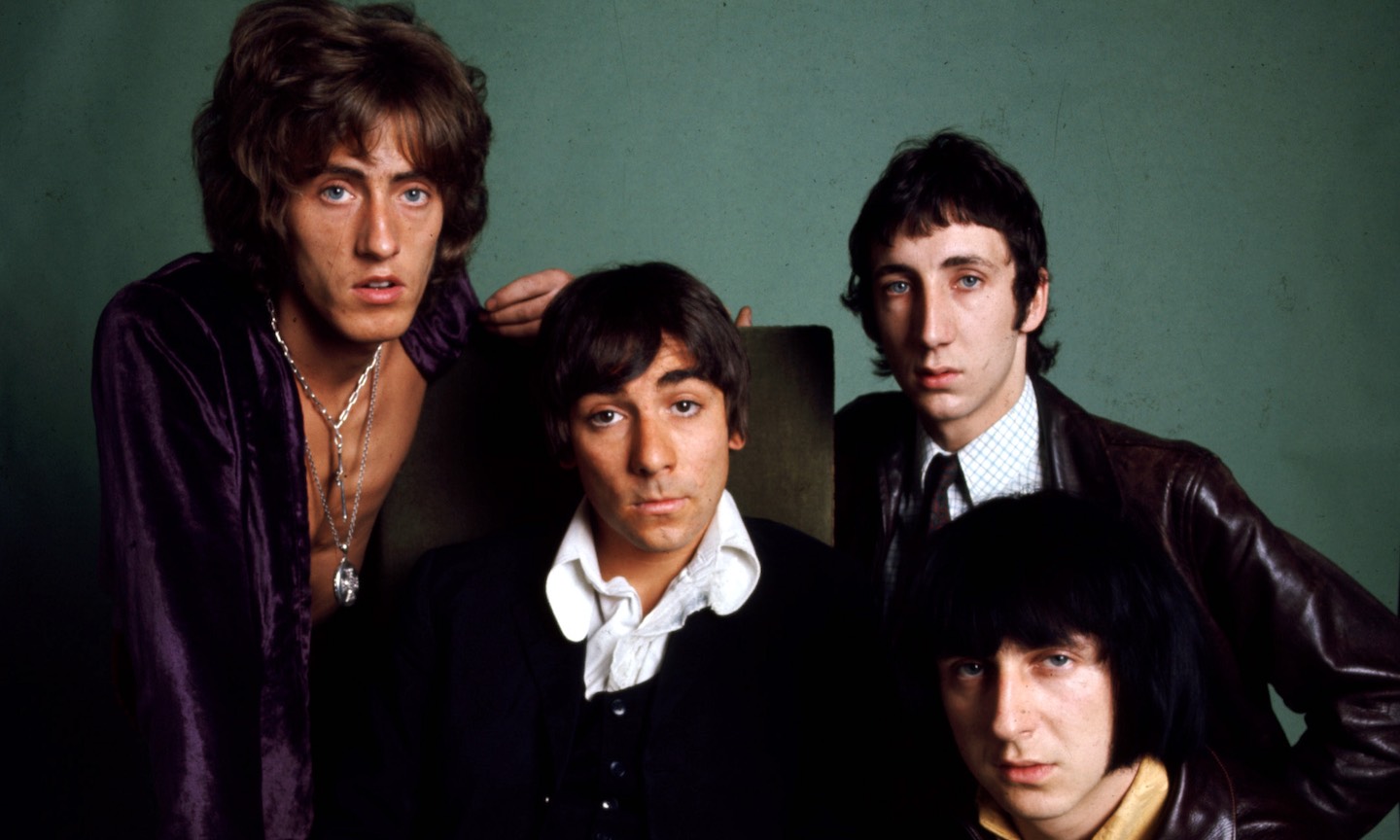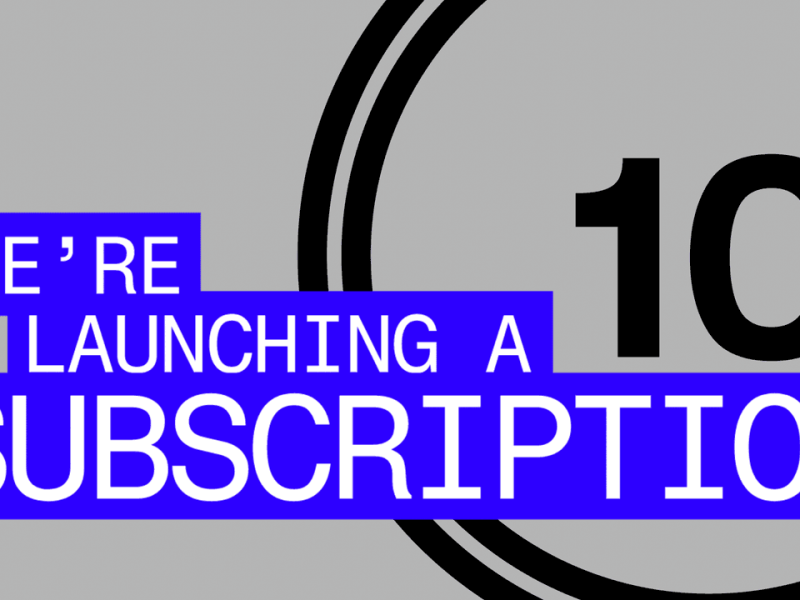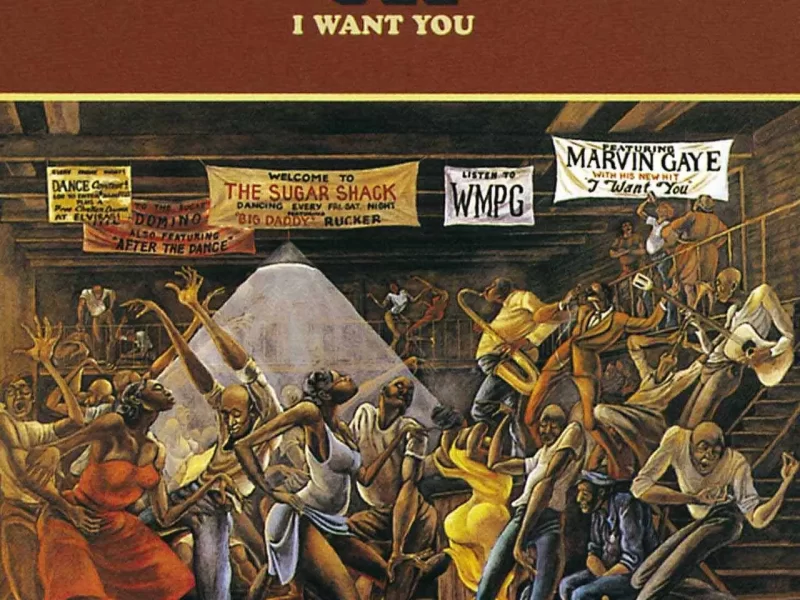The Who’s “Magic Bus” was late in arriving, and didn’t fully live up to its chart potential, but became a band staple just the same. So much so, in fact, that Pete Townshend described it as “The Who at their early best,” and it later lent its name to a bookshop that he opened in Richmond, south-west London.
Townshend wrote the propulsive track in late 1965 and it was considered as a possible follow-up to “My Generation,” but the group didn’t record a completed version at the time. In April 1967, after their demo of the song was circulated by the band’s management, a group called The Pudding released their interpretation on Decca. They were the London-based trio of John Stewart, Alan Laud, and Terry Widlake, formed from members of the Settlers, the Overlanders, and Hedgehoppers Anonymous. Their interesting rendition, with bongos, a harp, close harmonies and an appropriate whiff of psychedelia, went nowhere fast.
Listen to the best of The Who on Apple Music and Spotify.
That Townshend demo was featured in full over the end credits of the 2014 documentary about The Who’s managers, Lambert and Stamp, and had been included on Townshend’s Scoop compilation of 1983. “What is there to say?” he wrote of the demo. “The one man band version, a voodoo-dub-freak-out of a nothing song that was destined to become the most requested live song for The Who along with ‘Boris the Spider’ by John Entwistle.”
He continued: “Sometimes it was hard to do announcements for numbers in The Who show for people shouting ‘Magic Bus‘ or ‘Boris the Spider’ at the top of their lungs. It’s the silly songs they like. Daft punters.”
The Who finally went into ITC Studios to record the song in May 1968, with backing vocals by their sound engineer Bob Pridden (as “Ben Pump”) and Jess Roden from the Alan Bown Set. Released first in the U.S. on July 27 that year, it reached No.25 on the Hot 100; after it arrived in U.K. record stores on October 11, as the single before “Pinball Wizard,” it peaked at No.26.
In the sleeve notes of the Meaty Beaty Big and Bouncy retrospective on which it appeared, Townshend recalled: “When I wrote ‘Magic Bus,’ LSD wasn’t even invented as far as I knew. Drug songs and veiled references to drugs were not part of The Who image…we very soon got bored with drugs. No publicity value. Buses, however!”
He added sarcastically: “Just take another look at Decca’s answer to an overdue Tommy; The Who, Magic Bus, On Tour. Great title, swinging presentation. Also a swindle as far as insinuating that the record was live.” That was in reference to the U.S. release of a September 1968 Who compilation that was, misleadingly, full of studio recordings. “This record [the ‘Magic Bus’ single] is what that record should have been,” said Townshend. “It’s The Who at their early best.”
In 1969, he noted that the track “was recorded at a time when we had just returned from our first trip to America having been conned left, right and center and no one really wanted to make a single except Kit Lambert whose job was to see that we did. We all got absolutely paralytic drunk one lunch time and by the time we arrived at the studio no one cared what we did. ‘Magic Bus’ was just a lot of fun – Keith bashing about and ‘Jes’ [Jess Roden] from the Alan Bown Set singing in that Stevie Winwood-type voice on the record.”
Buy or stream “Magic Bus” on the Who Hits 50! compilation.



